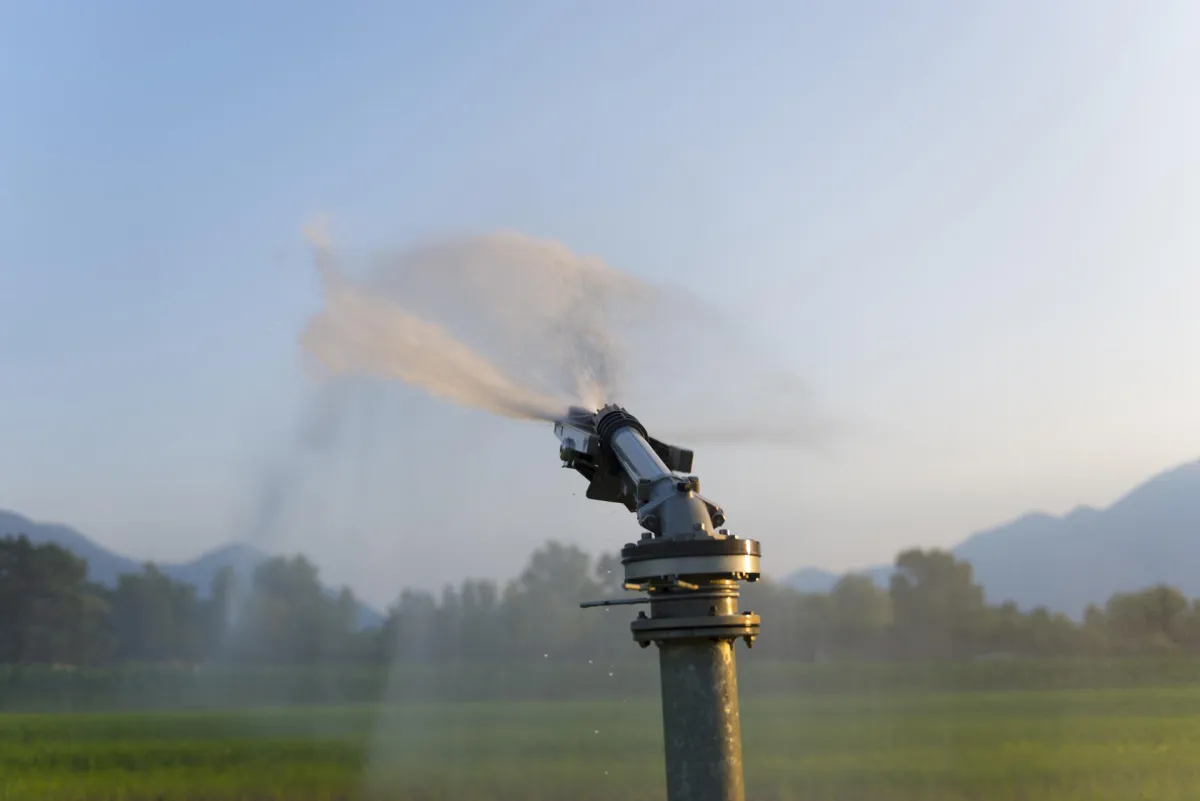
Common Signs Your Sprinkler System Needs Repair Before Summer
Introduction
Summer in Milford, CT means longer days, warmer temperatures, and lawns that need consistent hydration to stay green and healthy. But before you set your sprinkler system to its summer schedule, it’s important to check whether it’s working properly.
A faulty irrigation system doesn’t just waste water—it can also lead to brown patches, overwatering, higher utility bills, and costly repairs down the line. By spotting problems early, you can avoid major headaches and keep your property looking its best all summer long.
In this guide, we’ll highlight the most common signs your sprinkler system needs repair and why addressing them before summer makes all the difference.
Why Sprinkler System Maintenance Matters Before Summer
Regular irrigation system maintenance is essential for both residential and commercial properties in Connecticut. Here’s why:
Peak demand in summer – Lawns and landscapes need the most water in June, July, and August. If your system isn’t performing at its best, grass health will decline quickly.
Water conservation – A malfunctioning sprinkler system can waste thousands of gallons of water.
Cost efficiency – Repairs made early often cost less than emergency fixes during the hot season.
System longevity – Timely maintenance reduces wear and extends the lifespan of your irrigation system.
Common Signs Your Sprinkler System Needs Repair
When it comes to identifying sprinkler problems, paying attention to your lawn and water usage can reveal issues before they get worse. Here are the most frequent warning signs:
Uneven Watering or Dry Patches
If parts of your lawn are dry while others are soggy, it’s a clear indicator of a coverage issue. Broken heads, clogged nozzles, or misaligned sprinklers often cause uneven distribution.
Water Pressure Problems
Low water pressure can prevent sprinklers from reaching their intended area, while high pressure can cause misting and waste. Either way, the result is inefficient watering and stressed grass.
Leaking or Dripping Sprinkler Heads
Persistent puddles or dripping even after the system shuts off suggest leaks. These not only waste water but can damage landscaping and drive up bills.
Sprinkler Heads Not Popping Up or Rotating
Sprinkler heads that fail to rise, rotate, or retract usually have mechanical issues or debris buildup. Left unchecked, this can result in large dry spots.
High Water Bills
A sudden spike in water usage without changes in your irrigation schedule often points to leaks or system inefficiency. Monitoring your bill can uncover hidden problems.
Strange Noises from the System
Whistling, banging, or hissing sounds during operation may signal valve issues, trapped air, or broken pipes.
Overgrown or Flooded Areas
Pooling water or excessively lush patches of grass could indicate a broken line underground or a stuck valve, requiring immediate repair.
How to Prepare Your Sprinkler System for Summer
Taking proactive steps before the season starts ensures your lawn stays healthy and your system runs efficiently. Here’s what Milford homeowners and property managers should do:
Schedule a professional inspection – A technician can identify issues you might overlook.
Test all zones – Run your system through a full cycle to check for coverage problems or leaks.
Clean and adjust sprinkler heads – Remove debris, ensure heads are aligned, and replace damaged parts.
Check water pressure – Ensure it falls within recommended ranges for your system type.
Upgrade with smart technology – Consider controllers or sensors that automatically adjust watering based on weather conditions.
FAQs About Sprinkler System Repair
How often should I have my sprinkler system inspected?
At least twice a year—once during spring start-up and again in the fall before winterization.
What causes sprinkler heads to stop working?
Common causes include debris clogs, broken seals, damaged valves, or wear from normal use.
Can I repair my sprinkler system myself?
Minor adjustments can be DIY, but for leaks, wiring issues, or system redesigns, professional service is recommended.
How do I know if my system is wasting water?
Signs include puddling, water running onto sidewalks, or unusually high water bills.
Is it worth upgrading to a smart irrigation system?
Yes. Smart systems save up to 30% in water usage, making them an efficient and eco-friendly option.
Conclusion
Identifying and repairing sprinkler system issues before summer is the best way to protect your lawn, conserve water, and avoid unexpected repair costs. From uneven watering to unexplained spikes in water bills, the warning signs are easy to spot if you know what to look for.
For Milford homeowners and businesses, Rainmaker Irrigation offers expert inspections, repairs, and upgrades to keep your system running efficiently all summer long.